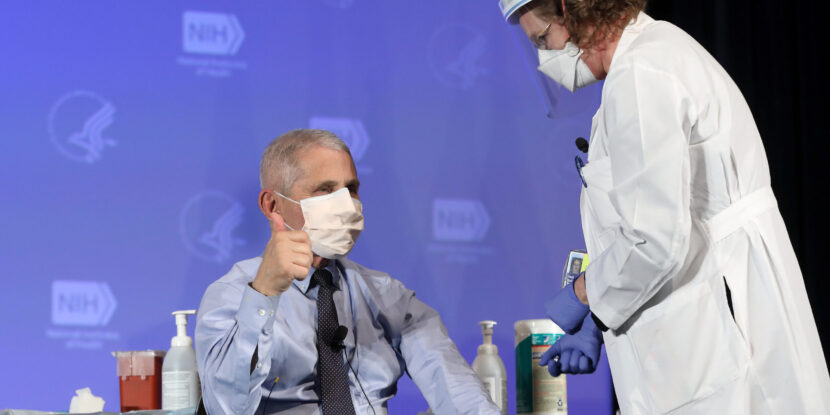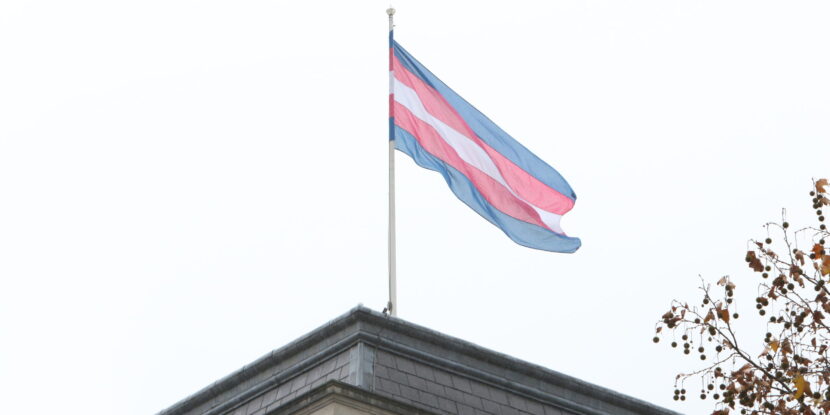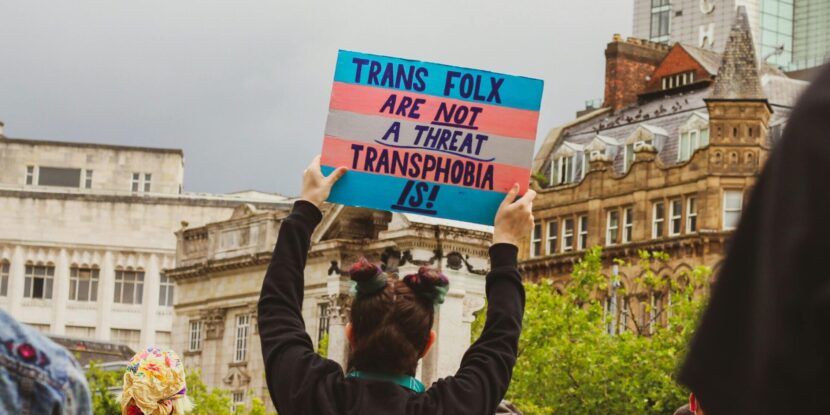In early 2020, both U.S. and Chinese officials were aware that the novel coronavirus was highly adapted to human transmission. Recently unveiled chat messages reveal that former Director of the National Institute for Allergy and Infectious Diseases (NIAID), Anthony Fauci, was informed by then-China CDC head, George Gao, of the virus’s adaptation to humans.
The conversation, occurring in early February 2020, suggests the virus had efficiently spread in humans from its inception. This adaptation of the novel coronavirus was a potential indication that it did not originate at the Huanan Seafood Wholesale Market. However, despite this evidence, Fauci—along with other public health officials, the corporate media, and some lawmakers—dismissed theories that the virus could have resulted from gain-of-function research and a subsequent escape event at the Wuhan lab.
The House Select Subcommittee on the Coronavirus Pandemic released these WeChat messages, obtained via Ping Chen, Fauci’s representative in Beijing at that time. A subsequent message from Chen to Gao recalled the discussion during the pandemic’s initial phase, where Gao observed the virus’s adaptation. The implications of this information were publicly discussed months later by molecular biologist Alina Chan, sparking debate over the virus’s origins.
The virus’s characterization as human-adapted was not disclosed to the public until May 2020. A preprint then suggested that SARS-CoV-2 might have circulated undetected or been adapted in a laboratory through serial passage. This theory faced criticism, notably from authors of a March 2020 Nature Medicine paper, who contended the virus evolved naturally. These authors, including Eddie Holmes, were aware of the virus’s peculiar adaptation, expressing private doubts about their public stance.
Fauci, who is publicly skeptical of a lab origin and critical of Chan, has maintained that the virus’s evolution strongly suggests a natural origin.




















